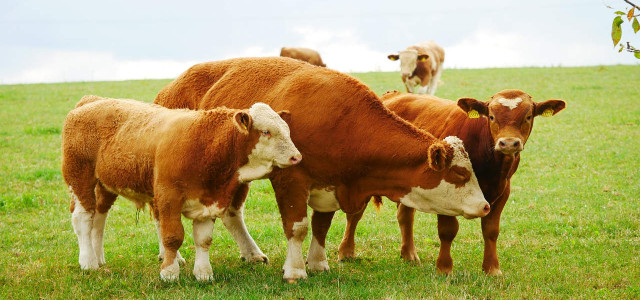Racism against animals – that’s one definition of speciesism. Animal rights activists use the term when discussing the exploitation of animals. But what can we do to stop speciesism?
What Is Speciesism?
Speciesism means treating animals like second-class lifeforms. However, like all lifeforms, animals have fundamental rights like access to food, water, and a safe place to rest.
The definition of speciesism is when humans deny animals their rights. We discriminate against animals because they belong to a different species than us. Still, this doesn’t mean that we have to treat animals exactly like humans. It’s more important that we humans take each animal’s specific rights and needs into account.
An Everyday Problem
Both ethically and legally, animals are often mistreated or discriminated against by humans. One clear example of this is the arbitrary difference between the way we treat our beloved pets and the way we treat faceless livestock. Also, different cultures have their own forms of speciesism.
Many Americans, for example, would be horrified by the idea of eating dog meat or horse meat. Hindus, on the other hand, consider cows to be holy, while beef still makes up a quarter of the meat eaten in the USA.

Here are just a few examples of the everyday speciesism suffered by animals:
- Animal testing: We often carry out research for medicine or cosmetics on animals. It makes no difference if they’re rats, mice, dogs, or primates – most animals can feel pain and suffer. (Read on: Leaping Bunny: The Cruelty-Free Label)
- Intensive farming: For solely economic reasons, we treat animals like objects. Cows, pigs, and chickens live and die in appalling conditions.
- Shredding chicks: One particularly inhumane practice is the grinding of live male chicks in the egg industry. Because male chicks don’t lay eggs, they are of no value – so we grind them to death when they are only a day old.
There Is No Justification for Speciesism



There is, from an ethical perspective, no argument for speciesism. The commonly used arguments below are easy to refute:
- Animals are less intelligent than humans: Firstly, not all people are equally intelligent! And a primate or dolphin can be as intelligent as a human infant. They can learn sign language, communicate with us – and yet we still lock them up in laboratories and zoos.
- Animals don’t have feelings: As long ago as the 18th century, the philosopher Jeremy Bentham argued that, when discussing our treatment of animals, “The question is not ‘Can they reason?’ nor ‘Can they talk?’ but ‘Can they suffer?’” (quoted by PETA). There are numerous studies that examine, for example, what happens when animals grieve.
How Can You Overcome Speciesism?
Whatever your definition of speciesism, there is one sure way to stop being personally responsible for it – going vegan. This doesn’t just mean not eating animal products, but also not consuming anything for which animals have been exploited.
Whether this radical approach is legitimate is the subject of some debate among animal ethicists. Is every use of animals a form of speciesism? It’s your decision if you want to, for instance, occasionally eat a little (sustainable, organic!) cheese or meat. However, there is one thing we can all agree on: Mistreating animals is morally indefensible.
This article was translated from German by Will Tayler. You can read the original here: Speziesismus: Was hinter dem Begriff steckt
** Links to retailers marked with ** or underlined orange are partially partner links: If you buy here, you actively support Utopia.org, because we will receive a small part of the sales proceeds. More info.Do you like this post?







